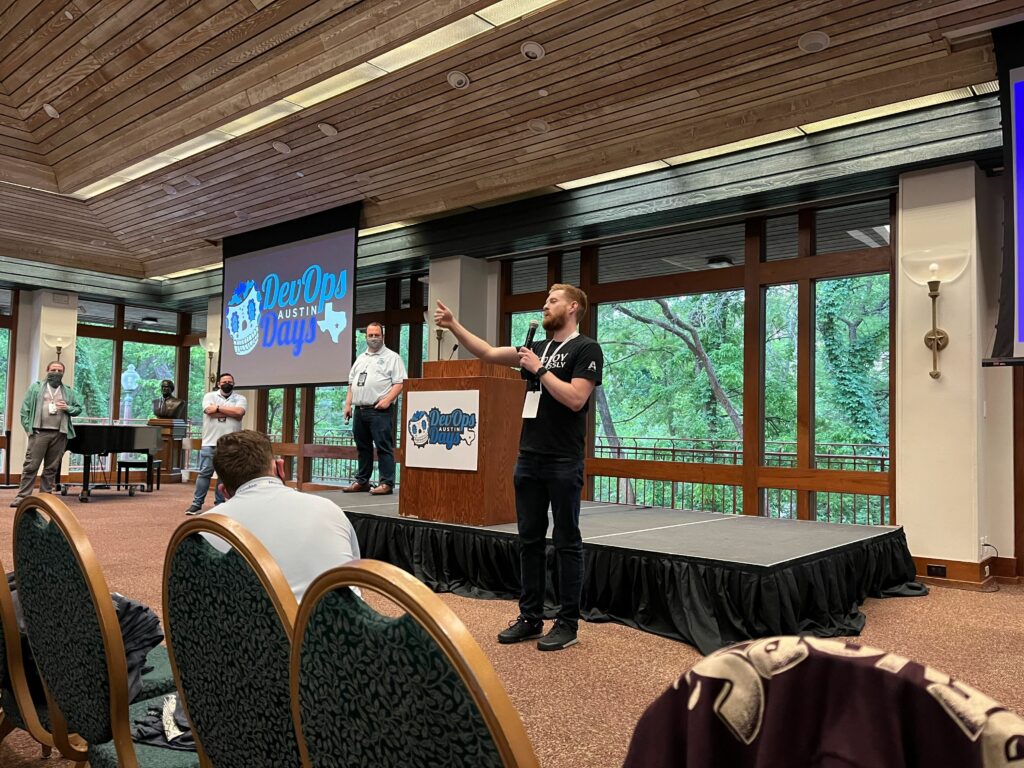Sometimes the bane of management is letting go. Imagine that - working your entire career to gain the authority to outsource, then having trouble implementing that very policy! However, outsourcing in its many forms is sometimes the preferable business strategy. You may have an in house staff that is quite capable, but unable to scale with success. There is only so much volume that a core staff can take on, especially if your priority is quality coding. That's where open source development can come in handy.
Here are some of the issues that you may want to consider if your in-house dev staff needs a bit of supplementation.
Why NOT to Consider Open Source Development
"Getting free labor" is the elephant in the room when it comes to open source development. However, this is absolutely the last reason that you should give up your proprietary code in hopes of free expansions and bug fixes. For one, your product may not catch on in the open source community. There is nothing worse then depending on free labor and having to report to investors that you through a party and no one showed up. Open source is also no compensation for a tight budget. Not only do you insult the open source community by asking them to finish a selfishly for-profit venture, but you lose any notion of a solid release date (if this was your goal).
Keep in mind that you are basically giving up the rights to your own proprietary information in the hard work of your in-house dev team. It only takes one unscrupulous outside developer to reengineer your process with a few cosmetic changes and create a modified version of your work. If you are going open source, do it for the right reasons. Most importantly, have your profit centers properly organized.
Why Open Source Development is a Viable Supplement
Now that we have all of the caveats out of the way, we can talk about why open source development is definitely viable in most cases. The open source community is an incredibly flexible, insightful and knowledgeable place that helps companies deliver products all the time. However, those companies understand the rules of the game and engender a similar culture of flexibility in house as well.
When does open source supplementation work? Let's take a look at some of its most successful applications.
Feature Specific Changes
Open source supplementation is great for build or feature specific changes that do not require ongoing maintenance. If the community sees that you have a solid build on your hand save one or two bugs, they will be happy to help you figure them out. In many cases, white hat hackers will actually reverse engineer a useful program to gift a feature specific change to the developer of origin. The secret here is to provide value before asking for value.
User Submitted Bugs
In some cases, bugs that affect the user experience slip through the cracks. If users report bugs that limit the productivity of the program, you may have leverage to open the development up to the community. You do not need to feign incompetence, as many companies new to the open source development community may do. Simply tell the truth about your process and congratulate your community on finding bugs that you didn't. This is a great starting place for a relationship with developers who see promise in your product.
Platform Specific Bugs/Platform Compatibility
You may have a product that works swimmingly on iOS that is in high demand within a specific audience. Not all members of this audience use iOS devices; some of them use Android. In this case, you have a great deal of leverage to ask for help in moving your product over to Android. There are many open source developers who specialize in platform specific fixes and can probably port your product more quickly than you can.
Millennial Ethics
If you have a product that is truly in line with the new social morays of ethical consumption, you may be able to get a great deal of help from the Millennial crowd. After all, this is the audience that will likely be in greatest contact with your product if it is digital. Millennials are also overwhelmingly the majority of the open source community.
If your product is seen as an alternative to corporate monopoly, or if your product is viewed as an ethical purchase, you go into the open source community with points on the board. Make sure that you follow up on the stated purpose of your product if this is the angle that you want to play. If you do not, you will soon find out just how quickly giving up your proprietary code can hurt you.
The open source community is a wealth of experience and knowledge that you should definitely consider as a supplementary force if your in-house staff is overworked. However, what you are giving up and how your company must change when doing business with "free labor." There are costs, even if those costs are not monetary.

-1.png)